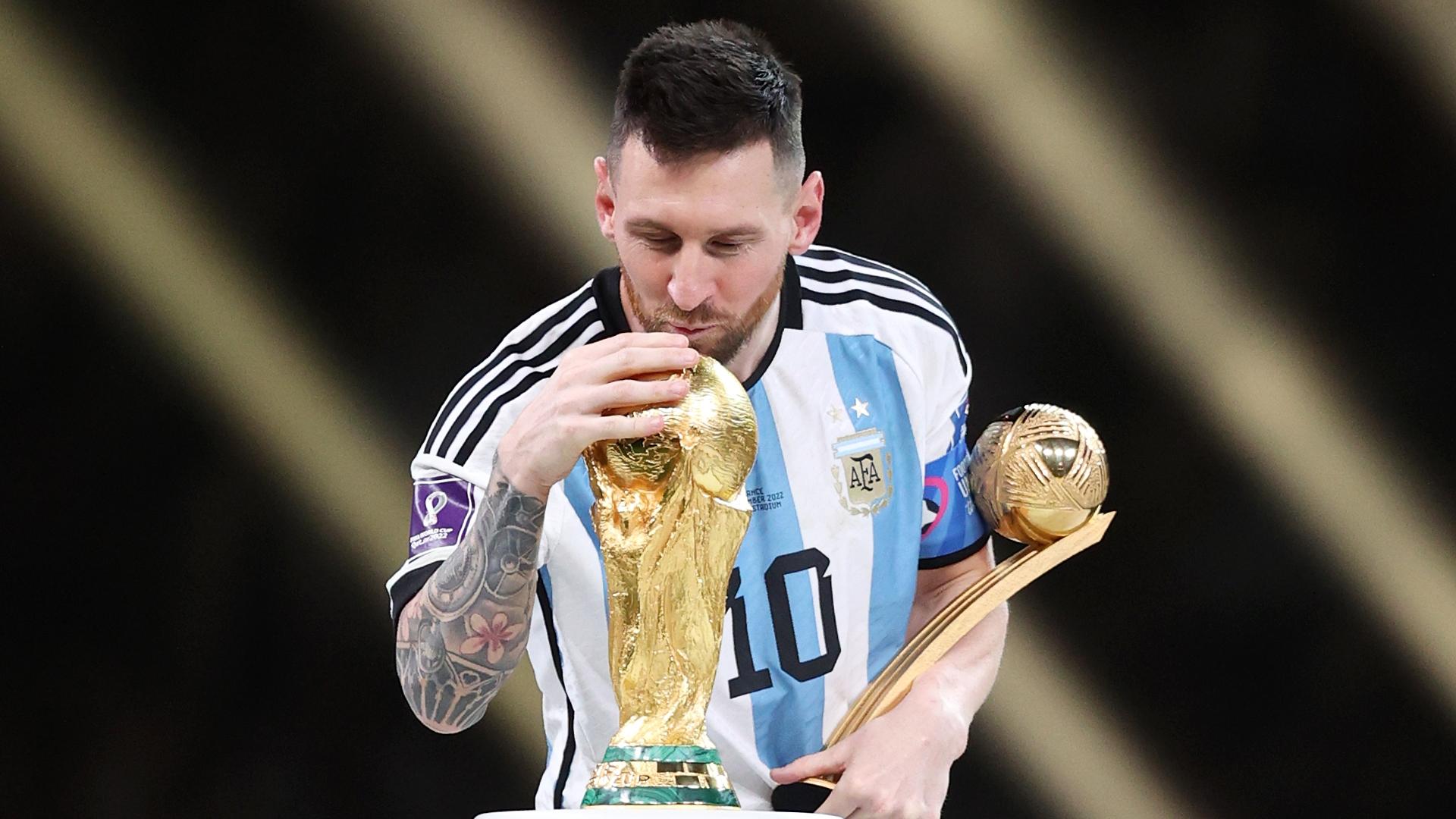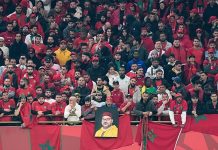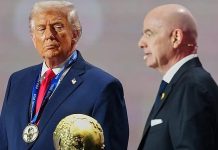Africa-Press – Lesotho. The curtain finally came down on the first World Cup tournament held in the Middle East on Sunday as Argentina ended their 36-year-old drought for the biggest prize in football.
At the start of the tournament, all eyes were on Cristiano Ronaldo and Lionel Messi, who both had the pressure of adding the World Cup trophy to their glittering careers, which are approaching their end.
Speaking of the two superstars from Portugal and Argentina, the debate of who is the greatest between them has dominated the minds of football fans everywhere for the past decade and will persist in the future.
Each of them has netted over 690 club goals in their careers thus far. The two nemesis have scooped almost every individual award over the past 17 years or so.
For those that I have had this debate with, I always tell them that we should be grateful to have watched these two incredible football talents. They are built differently and don’t have the same attributes.
Ronaldo is more about athleticism, the speed, strength – he is a winner and loves scoring goals. Messi on the other hand is a pure talent, he has a sweet left foot. He creates for others with passes you cannot get from anyone except the little magician and the ability to get past defenders.
Coming back to the World Cup in Qatar and how Argentina bounced back from the shock defeat to minnows Saudi Arabia in the opening match to go all the way to the final, where they beat defending champions, France on penalties to win gold.
The biggest lesson for me, which I think should go to all of us in sport and other sectors is the importance of unity and harmony in a set-up like that of a football team that is made of different individuals.
Looking back at the past editions of the World Cups, I don’t think the current Argentina squad, who have just ended the 36-year-old drought under the mentorship of Lionel Scaloni, are anywhere near the Albiceleste teams of the past tournaments in terms of talent.
In his quest to bring back Argentina’s glory days back, Scaloni roped in former Argentina internationals such as Roberto Ayala, Walter Samuel, and Pablo Aimar.
From their technical team, I want to single out Ayala, who was a member of a very talented squad that played at the 1998 World Cup in France and had the likes of Sebastian Veron, Gabriel Batistuta, Diego Simeone, Javier Zanetti, and Ariel Ortega, who also wore the famous Argentina number 10 jersey, made famous by the late Diego Maradona.
Ortega, the talisman of the team at the 1998 tournament in France, was blamed for Argentina’s exit at the quarter-finals after receiving a red card for headbutting Edwin van der Sar, when they were in control of the match and leading 1-0, but eventually lost 2-1.
What is special for me with the Scaloni’s team that won the World Cup in the Middle East, is how they were able to bounce back from that defeat to minnows Saudi Arabia in their opening match at the tournament to eventually go all the way and lift the trophy.
Apart from Messi, the other superstars in Argentina’s squad are Angel Di Maria of Juventus, Lautaro Martinez of Inter Millan and maybe Roma’s Dybala, but all of them had to settle for a role on the bench in most of the games during the tournament.
The trio respected their coach’s decision to put them on the bench and it didn’t bring divisions like it did with Portugal after Fernando Santos dropped Ronaldo to the bench.
Former Portugal captain Luis Figo was quoted in the media saying Portugal wouldn’t have lost to Morocco in the quarter-finals had Ronaldo started the match.
The loss to Morocco and elimination from the tournament led to the sacking of Santos, who led them to the Euros triumph in 2016 and the UEFA Nations league title in 2019. Having a player of Messi’s calibre was always going to give Argentina the edge over their opponents.
He was in the past tournaments criticised for not giving his best for Argentina and I have never seen the little magician as focused and leading by example as he was in Qatar.
Messi had a slow start to life in Paris after leaving Barcelona for PSG so much that many felt the end was near for a player, who along with Ronaldo, had dominated the game for over 17 years.
However, the “Little Magician” got his groove back to finally deliver the World Cup for his country. He also looked comfortable and happy around his young teammates, who many of them spoke of their wish to help Messi win the World Cup.
Messi was ruthless fighting for his country on and off the field and we were all shocked when he criticised Spanish referee Mateu Lahoz, which was unlike him to be criticising referees.
The experienced Spanish match official was eventually sent home after that chaotic quarter-final clash between Argentina and The Netherlands. For Messi, the end was a fulfilling one as he finally answered the call from Argentinean fans to win the World Cup and take his place alongside the great Diego Maradona.
For More News And Analysis About Lesotho Follow Africa-Press






